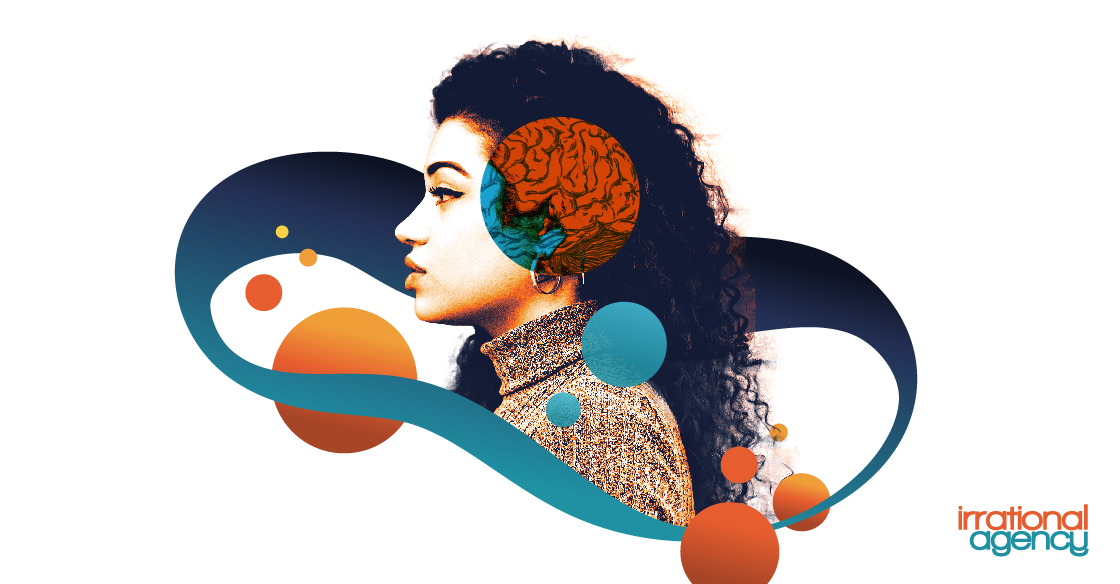
Behavioralizing Your Research Methods
 Leigh Caldwell
Leigh Caldwell
There's a reason good stories stick with us. They tap into something primal, a deep-seated need to make sense of the world around us. We all crave narratives – it's how we make sense of our own lives and learn from the experiences of others. In the business world, understanding consumer behavior is key to success. And now, there's a new way to add an extra layer of insight to your market research projects – by incorporating behavioral science and narrative analysis.
This approach focuses on understanding the stories that consumers tell about their experiences – what we call “consumer stories.” Consumer story analysis is a powerful tool because it allows you to uncover key qualitative insights and understand how people are making decisions in their lives. It helps you get to the heart of consumer behavior by providing an in-depth look at the values and motivations that drive people to act in certain ways.
By adding consumer story analysis to your market research, you can gain a deeper understanding of what motivates consumers and how they make decisions. This can help you create powerful strategies for growth, develop new products or services, refine existing offerings, and optimize marketing efforts.
Let's say you're concept testing a new product your R&D team has developed. Typically you'd ask consumers to give you a numerical rating on several attributes, such as appeal and likelihood to purchase. You can add much more insight by having them tell you a short story about this product and how they would use it. Get a sense of the needs the new product would fulfill, how they would use it, and what barriers they'd encounter. This type of narrative-driven innovative research provides a much richer understanding of consumer behavior than numerical ratings alone.
Or say that you run a brand tracker. Each quarter you get a score for your brand and your competitors - general appeal and key brand attributes. Imagine you could also get the stories that consumers tell about your brand and a picture of the role your brand plays in their category story. That's the kind of insight you can get from consumer story analysis.
Finally, imagine you're doing focus groups or depth interviews to understand how people navigate your category. You'd get a much richer picture if you also asked them to tell stories about how they navigate and make decisions.
In short, market research projects can be enriched immensely by narrative analysis and behavioral science. It helps us discover the deeper motivations that drive consumer behavior, giving us key qualitative insights into our customers’ needs, values, and desires that unlock new marketing insights and approaches.
Overall, incorporating a behavioral science and narrative approach into your market research projects provides an invaluable layer of understanding about what drives consumers and how they make decisions. You can use this to create more effective strategies for growth and optimization, as well as uncover opportunities for product or brand innovation. If you want to apply behavioral methods to your traditional research methods, get in touch with us at hello@irrationalagency.com!
